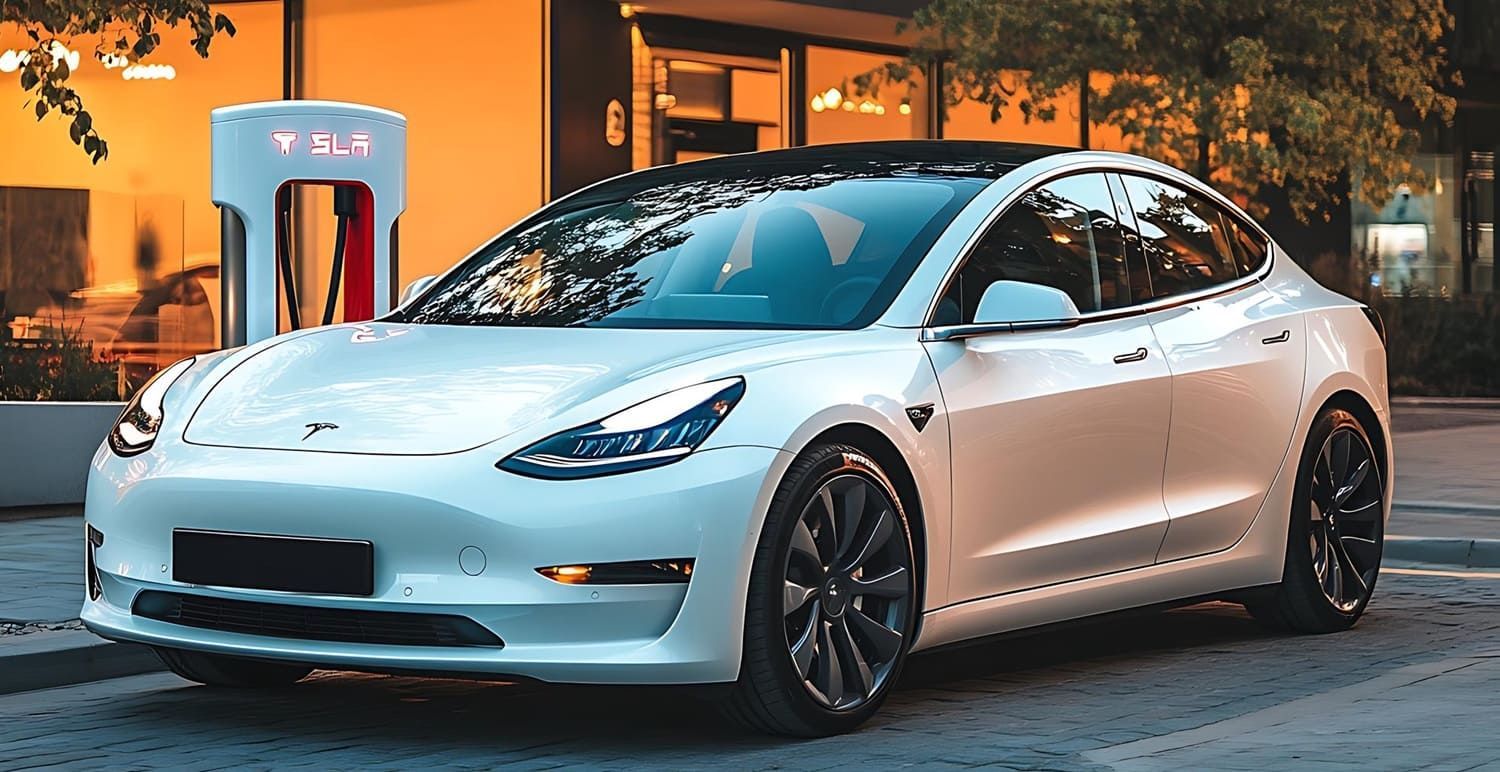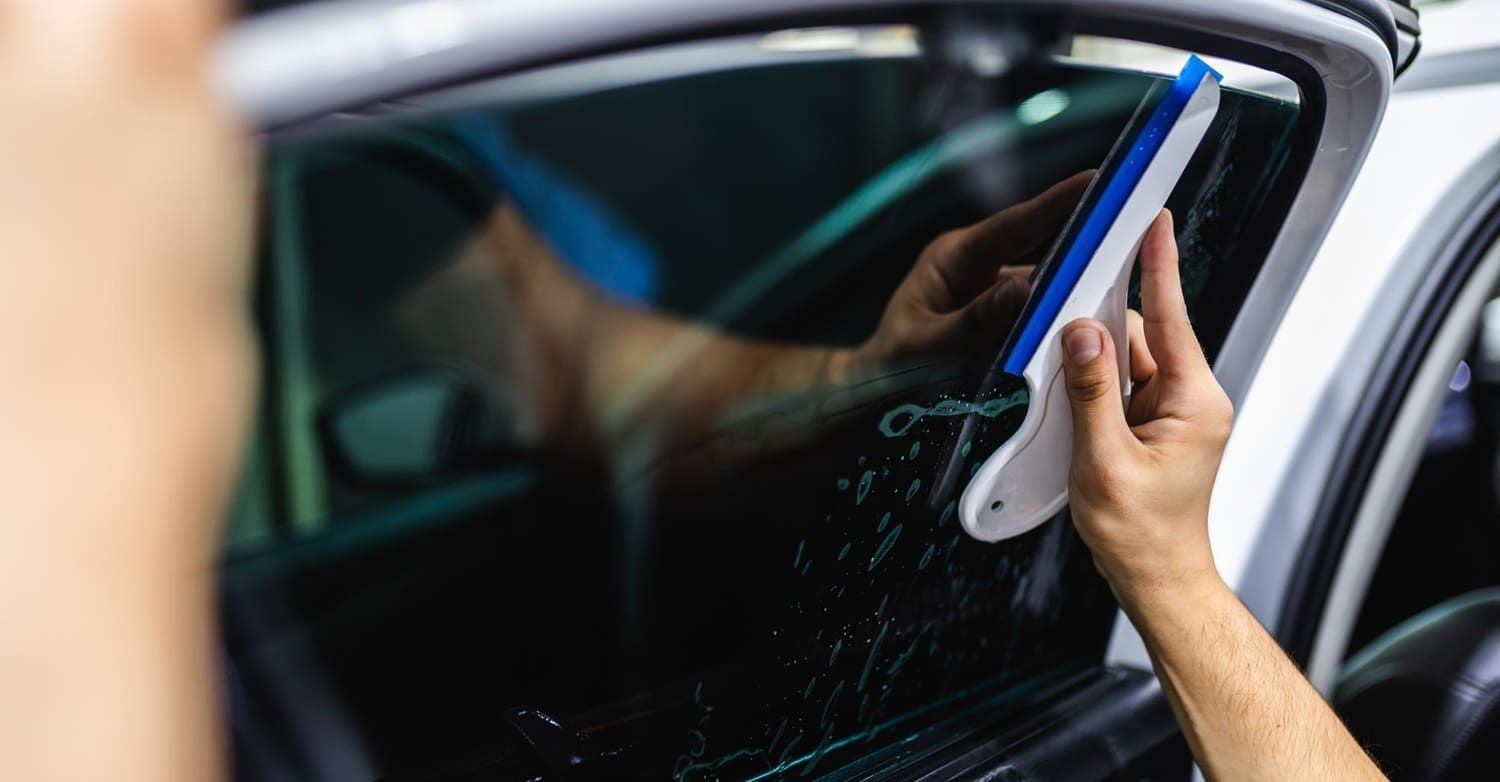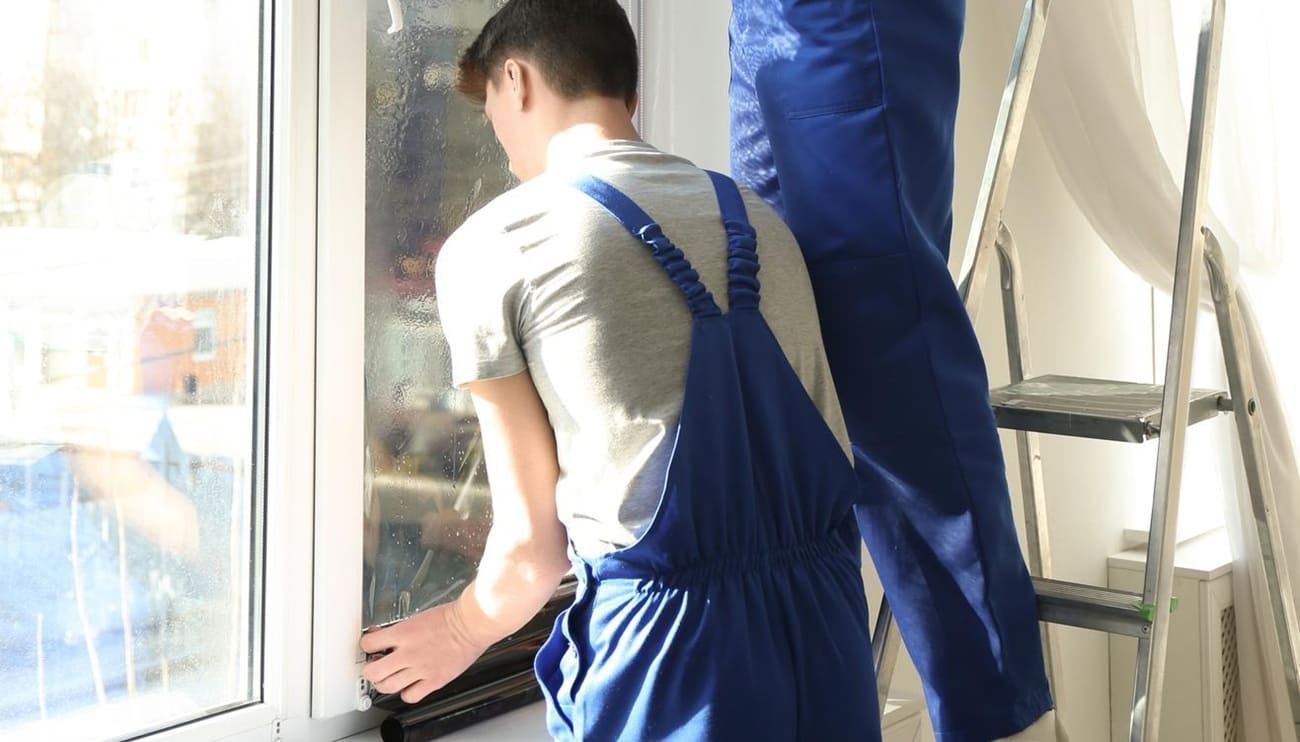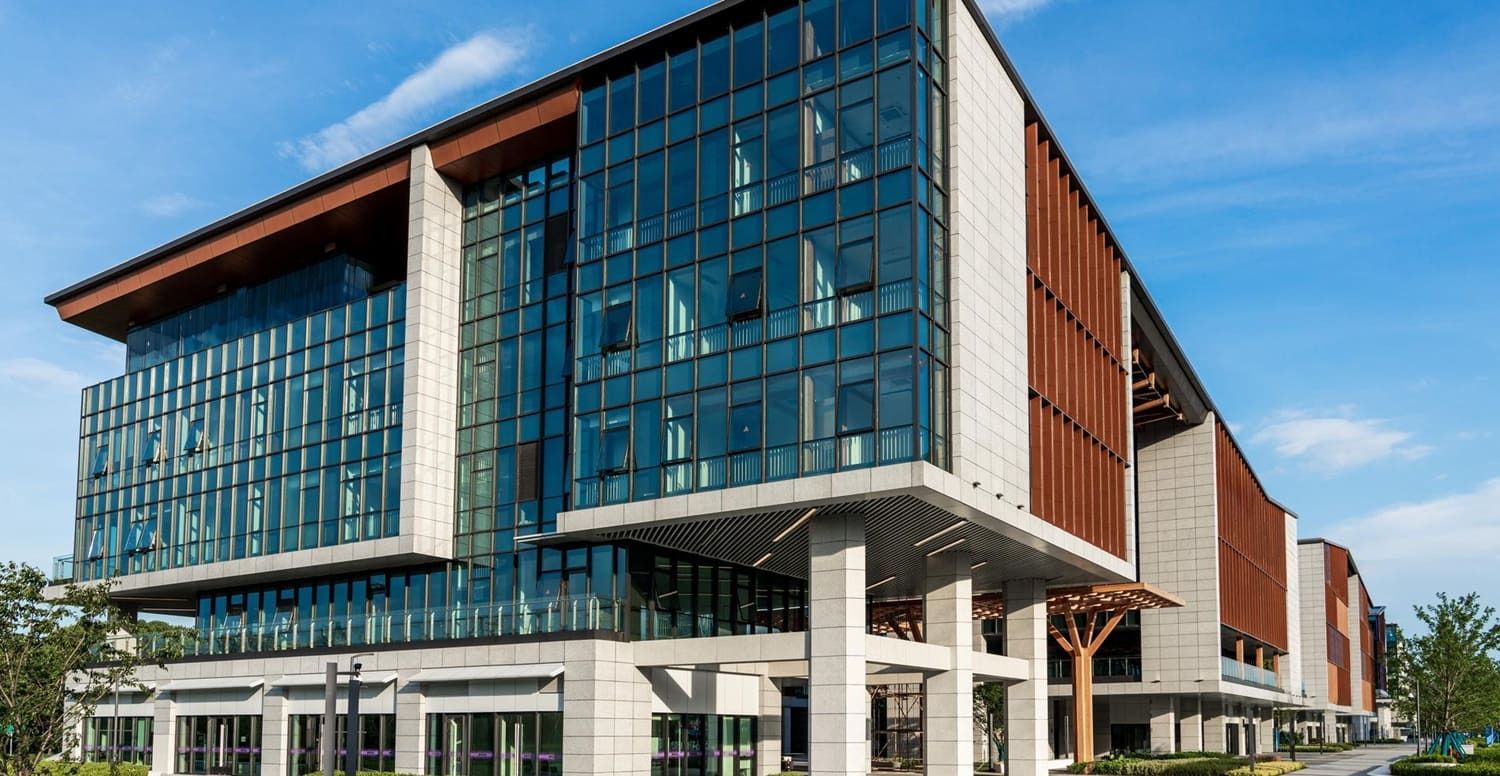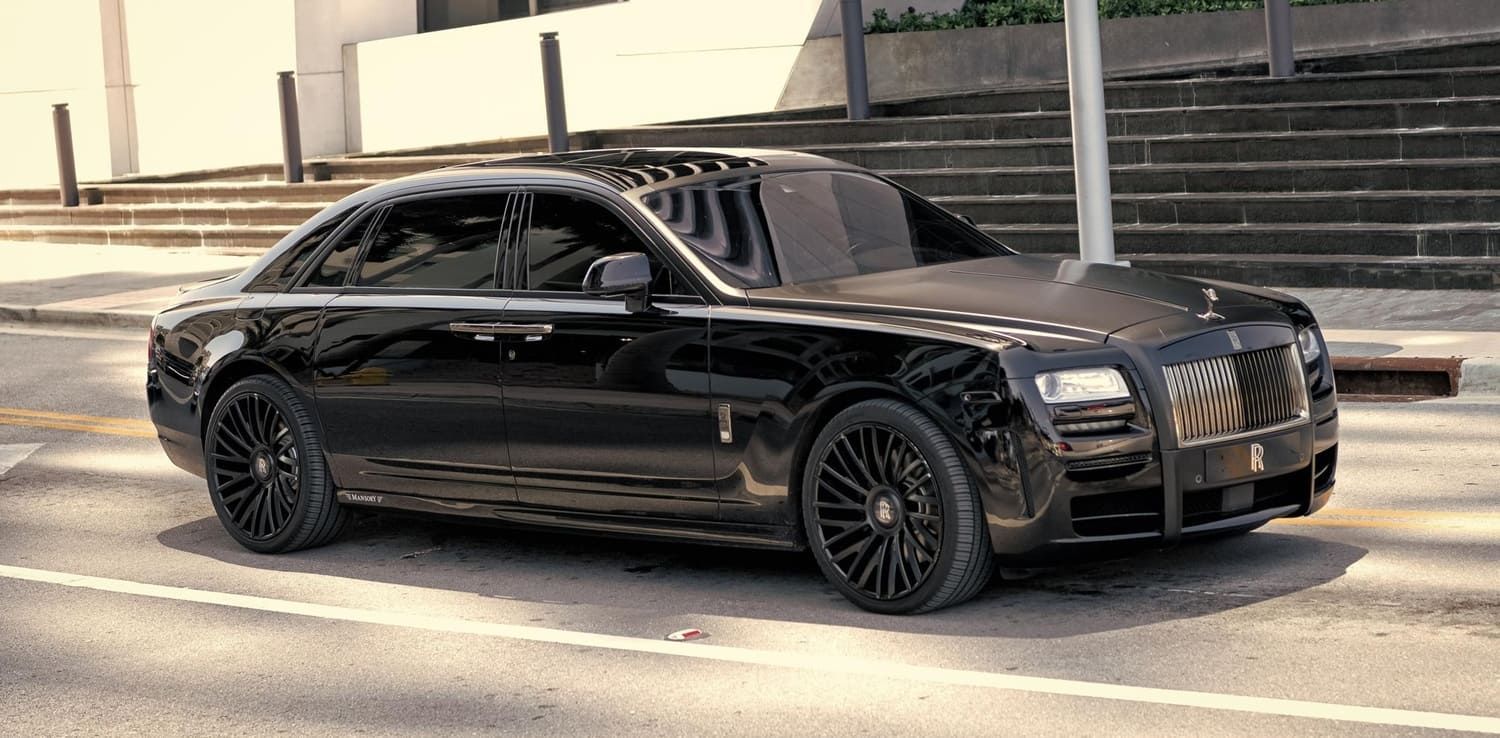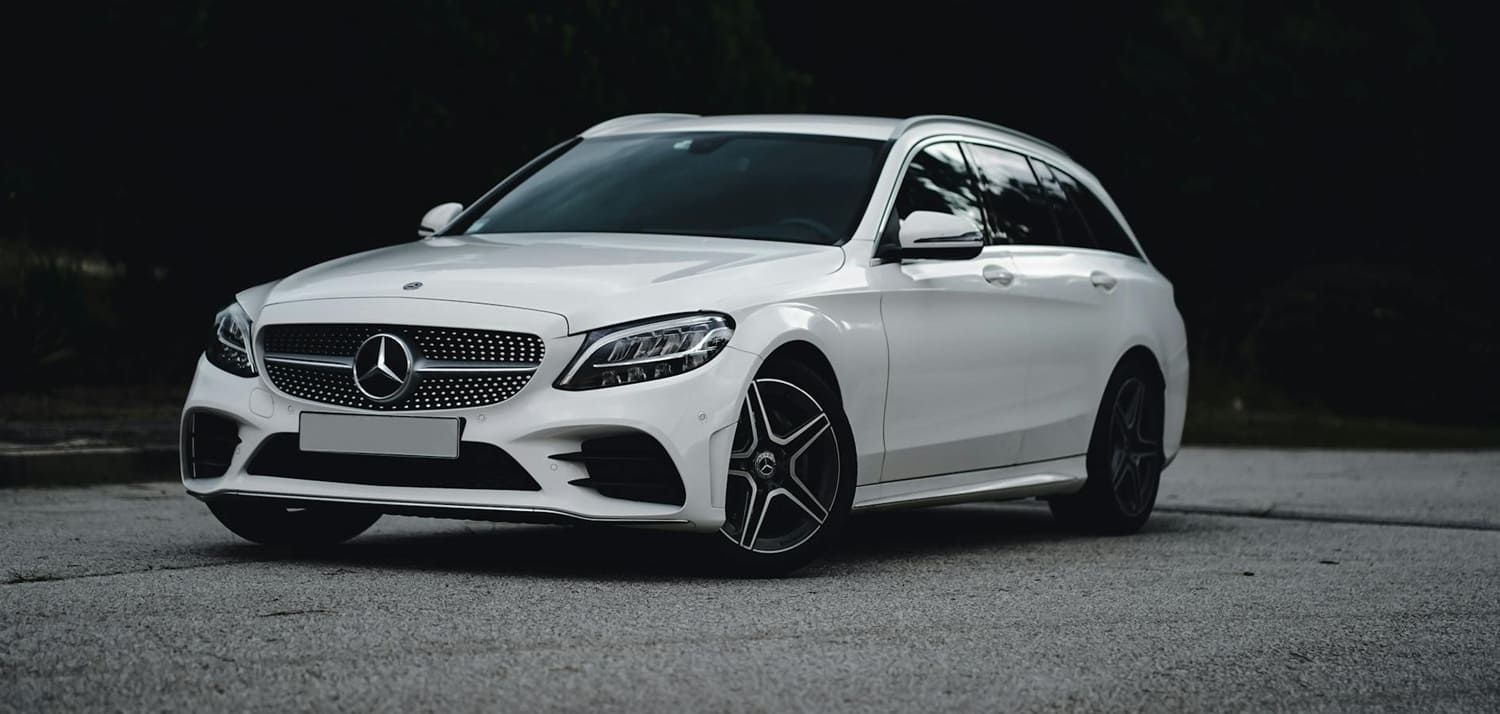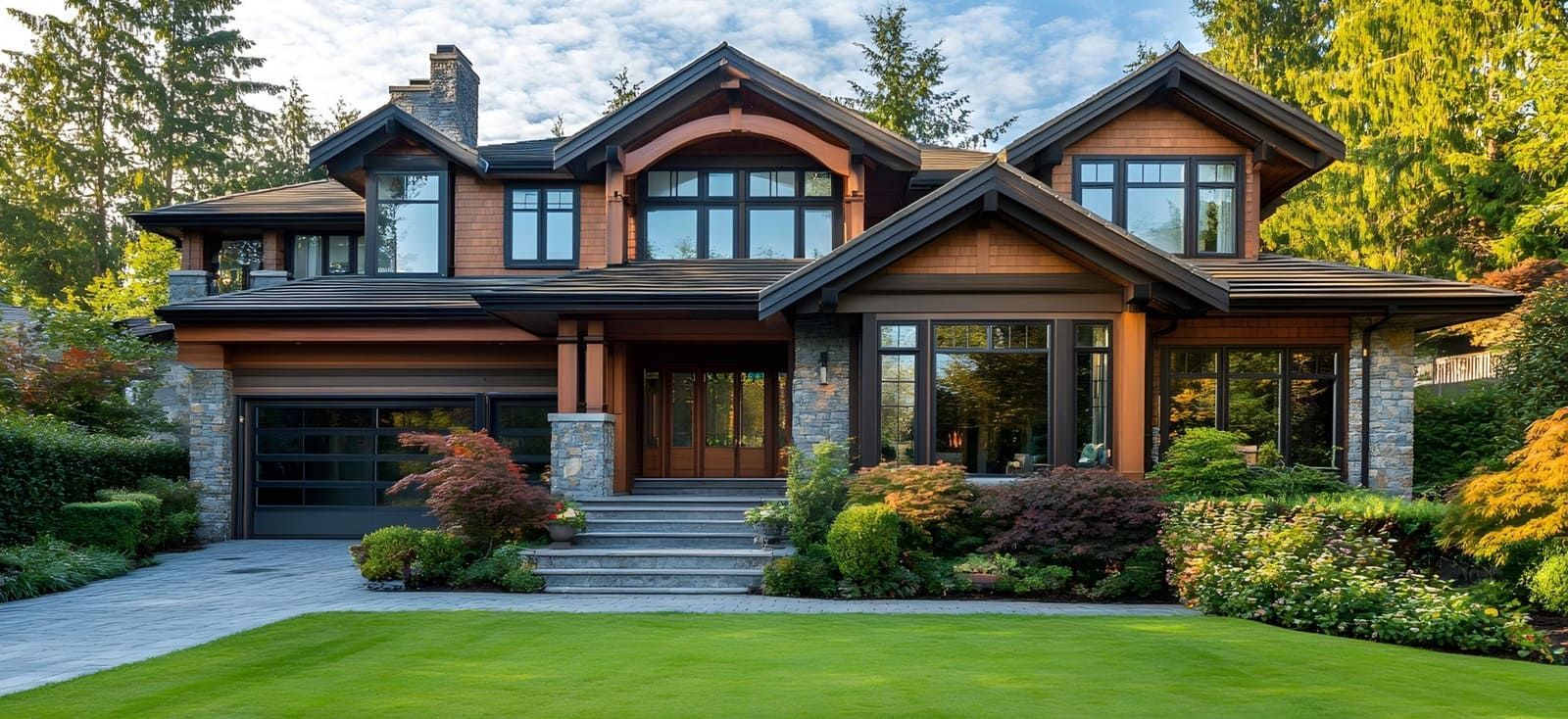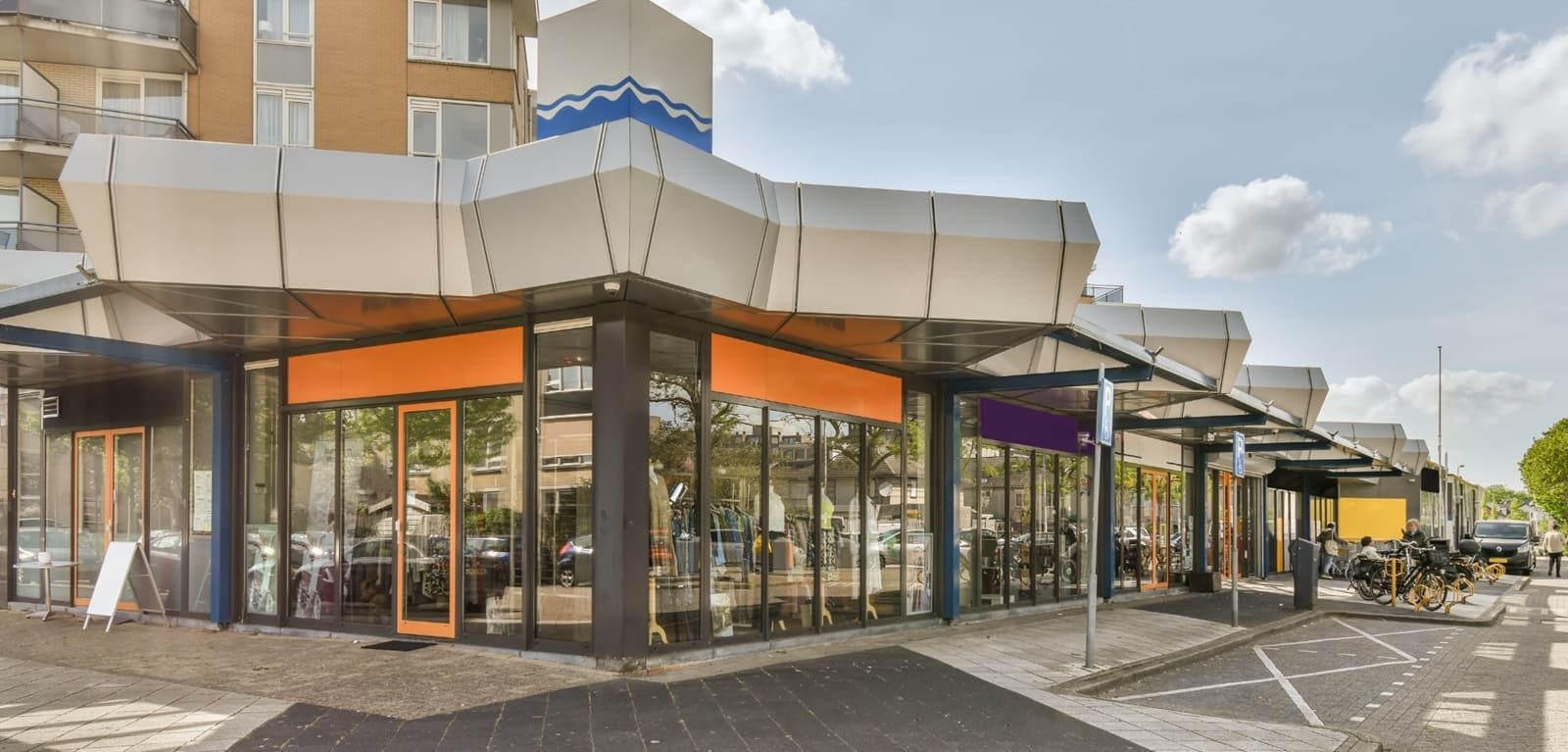Window Tinting and Cell Signals: Separating Fact from Fiction
With the increasing popularity of window tinting in vehicles, many drivers are concerned about potential interference with their cell phone signals. This concern is understandable, as smartphones have become essential tools for navigation, communication, and entertainment. In this article, we'll explore the relationship between window tinting and cell signals, dispelling myths and providing factual insights to help you make informed decisions.

Understanding Window Tinting
Window tinting involves applying a thin, often adhesive film to the inside of car windows. This film serves multiple purposes: it can reduce glare, block harmful ultraviolet (UV) rays, provide privacy, and enhance the vehicle's appearance. Notable brands like FormulaOne High Performance Auto Tint and LLumar Car Window Tinting are favored for their superior quality and effectiveness.
The application of window tinting is not merely aesthetic but also functional. By reducing glare, it enhances driving safety, particularly during bright, sunny days or when oncoming headlights are blinding. Furthermore, the protective layer it offers against UV rays helps preserve the car's interior, preventing upholstery from fading and reducing the risk of skin damage to passengers. The privacy aspect is also significant, as tinted windows can deter theft by obscuring the view of valuables inside the vehicle.
Types of Window Tinting
There are several types of window tinting films available, each with unique properties suited to different needs and preferences:
- Dyed Window Tint: This is the most affordable option and works by using layers of dye to absorb sunlight. It reduces heat and glare but offers the least durability compared to other types of tinting films. Its dark appearance provides a degree of privacy and is often chosen for its cost-effectiveness.
- Metalized Tint: This tint incorporates tiny metallic particles that reflect heat and sunlight. Known for its durability, it also adds strength to the windows. However, the metallic content can potentially interfere with radio frequency (RF) signals, which is why it's less favored by those concerned about cell signal interference.
- Hybrid Tint: Combining dyed and metalized layers, this tint offers a balanced solution. It provides good heat rejection and glare reduction at a moderate price. While it does contain some metallic content, the interference with signals is typically minimal compared to fully metalized tints.
- Ceramic Tint: This top-tier option uses nano-ceramic particles to block heat and UV rays effectively without interfering with signals. It offers superior performance in terms of heat reduction and durability, making it a preferred choice for those willing to invest more for long-term benefits.
- Carbon Tint: Known for its matte finish, carbon tint effectively blocks UV rays and heat. It does not contain metal, so it doesn’t interfere with RF signals, making it an excellent choice for those concerned about maintaining strong cell phone reception.
How Window Tinting Can Affect Cell Signals
The question of whether window tinting affects cell signals is often linked to the type of tint film used, particularly those with metallic content. Understanding the science behind this can help dispel fears and guide your choice of window tinting.
The Science Behind It
Cell phones rely on radio waves to communicate with cell towers, and these waves can be disrupted by certain materials. Metal objects, including those in metalized tints, can reflect or absorb radio waves, causing signal interference. This interference can lead to a reduction in signal strength, which might be noticeable when coverage is already weak.
The extent of this interference largely depends on the thickness and composition of the metallic particles in the tint. In urban environments where signal strength is typically robust, the impact of metalized tint is often negligible. However, in rural areas with less stable connections, even minor signal disruptions can become more apparent. It's important for consumers to weigh these factors when deciding on the type of tint that best suits their needs.
Real-World Impact
In practical terms, most drivers won’t observe a significant difference in signal strength after applying window tint. The reduction in signal strength is minimal, especially in urban and suburban areas where cell coverage is strong. In contrast, in rural or remote areas with weak signals, the impact might be slightly more noticeable, potentially affecting call quality or data speeds.
Despite the potential for interference, many vehicle owners with metalized tints report satisfactory cell phone performance. This is because modern cell phone networks are robust and capable of handling minor disruptions. Moreover, advancements in tint technology continue to minimize any adverse effects on signal strength, making it possible to enjoy thebenefits of tinting without sacrificing connectivity.
Myths and Misconceptions
Numerous misconceptions surround the topic of window tinting and its impact on cell signals. Addressing these myths can help clarify any misunderstandings and guide consumers toward making informed decisions.
Myth #1: All Tints Block Cell Signals
A common myth is that all window tints interfere with cell signals. In reality, only metalized tints have the potential to do so due to their metallic content. Dyed, ceramic, and carbon tints are designed not to block RF signals, making them safe choices for those concerned about signal interference.
Understanding the composition of different tint types is crucial in debunking this myth. Non-metallic tints, such as ceramic and carbon, are specifically engineered to avoid signal disruption while providing excellent UV and heat protection. This makes them ideal for consumers who prioritize both connectivity and comfort.
Myth #2: Signal Loss Is Significant
Another prevalent myth is that the signal loss caused by window tints is substantial. In most cases, the reduction in signal strength is minor and often goes unnoticed, particularly in areas with robust cell coverage. The concern over significant signal loss is generally exaggerated, with real-world experiences showing that most users do not encounter any issues.
Even with metalized tints, the degree of signal interference is typically small enough that it doesn't noticeably affect everyday cell phone use. The advancements in cell technology and network infrastructure further mitigate any potential disruptions, ensuring that users can maintain reliable connectivity.
Myth #3: You Can't Use GPS with Tinted Windows
Some believe that window tints can hinder GPS functionality. However, GPS devices rely on satellite signals, which are less susceptible to interference from window tints. As such, you can use GPS navigation without issues, even with heavily tinted windows.
The technology behind GPS signals is designed to penetrate various materials, ensuring that navigation remains accurate and reliable. This capability makes it possible for drivers to enjoy the benefits of tinted windows without compromising their ability to use GPS and other satellite-based services.
Choosing the Right Tint for You
Selecting the right window tint for your vehicle involves considering various factors, including aesthetics, functionality, and potential impact on cell signals. Here’s a guide to help you make an informed decision:
If Signal Interference Is a Concern
For those worried about potential signal interference, ceramic or carbon tints are recommended. These tints do not contain metallic elements and therefore do not affect cell signals. They provide excellent protection against heat and UV rays, ensuring comfort without compromising connectivity.
Both ceramic and carbon tints are designed to offer high performance without the drawbacks associated with metallic content. By choosing these options, you can enjoy a tint that enhances your vehicle's appearance and functionality while maintaining strong cell phone reception.
For Heat and UV Protection
Ceramic tints are particularly effective for blocking heat and UV rays, making them an ideal choice for those living in hot climates. They offer superior performance in reducing interior temperatures and protecting against harmful UV exposure, without interfering with cell signals.
The advanced technology in ceramic tints ensures that they provide maximum protection while maintaining transparency and clarity. This makes them a popular choice for consumers looking to balance comfort, safety, and aesthetics.
Budget-Friendly Options
For those on a budget, dyed and hybrid tints offer good performance at a more affordable price. While dyed tints do not affect signals, hybrid tints may have a slight impact due to their metallic content. Nonetheless, they remain a viable option for those seeking a balance between cost and functionality.
Dyed tints provide essential UV protection and glare reduction, making them suitable for consumers seeking a cost-effective solution. Hybrid tints offer additional benefits, such as enhanced durability and heat rejection, at a reasonable price point, making them a practical choice for many vehicle owners.
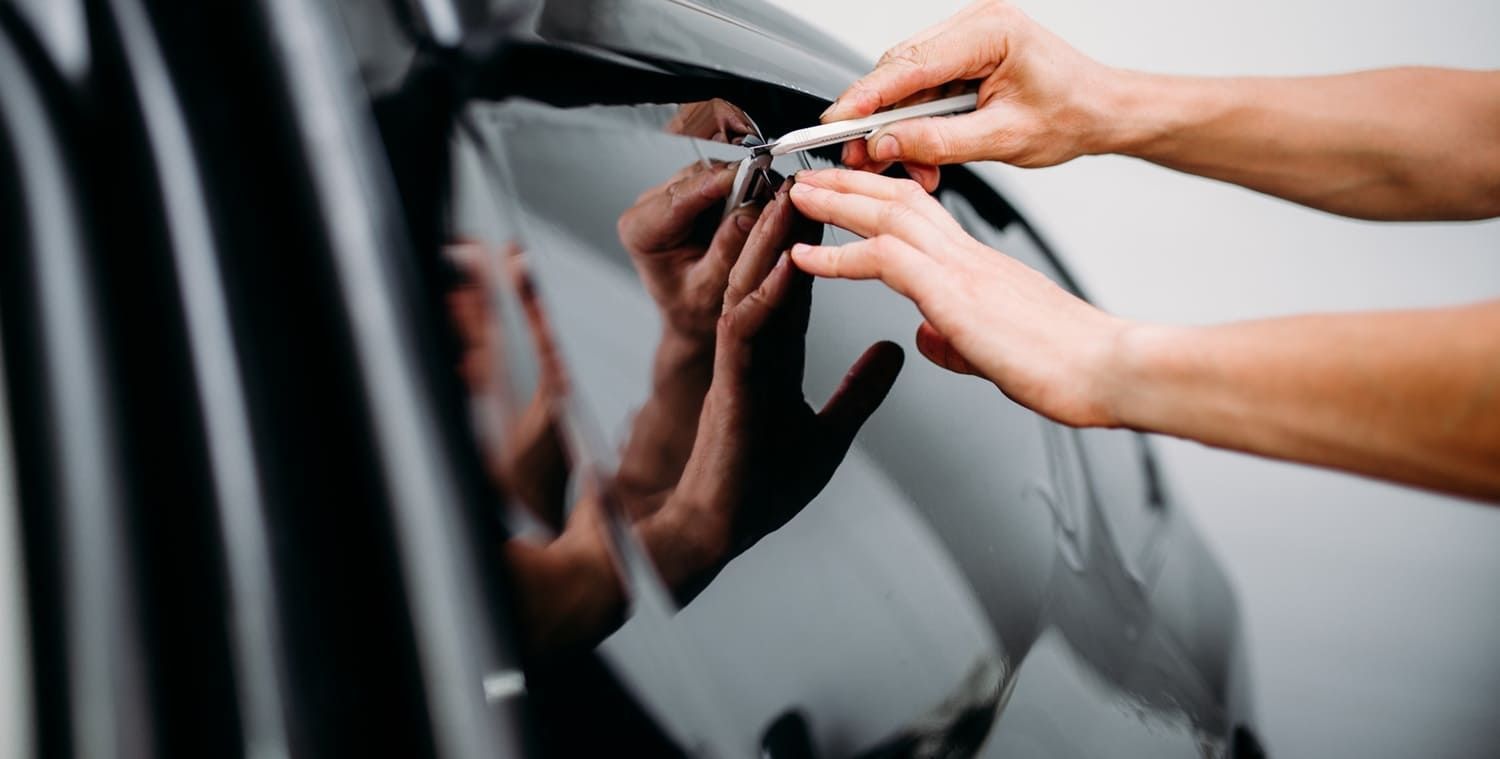
The Benefits of Professional Installation
When considering window tinting, professional installation is crucial to achieving optimal results. A skilled installer ensures that the film is applied correctly, without bubbles or imperfections, for enhanced performance and aesthetics.
Why Choose Professionals?
- Quality Assurance: Professionals have access to high-quality films and tools, ensuring a flawless finish that enhances the vehicle's appearance and functionality.
- Expertise: Experienced installers understand how to work with different types of tint and can advise you on the best option for your needs, ensuring optimal performance and longevity.
- Warranty: Most professional installations come with a warranty, providing peace of mind and protection against defects or issues that may arise.
- Compliance: Professionals are familiar withlocal tinting laws and regulations, ensuring your tint is legal and compliant with all relevant standards.
Professional installers not only provide superior application but also offer valuable insights into the best products for your specific needs. Their expertise ensures that your investment in window tinting is maximized, providing long-lasting benefits and satisfaction.
Finding Car Window Tinting Near Me
When searching for "car window tinting near me," consider the reputation and reviews of local businesses. Look for providers who offer a range of tint options, including FormulaOne High Performance Auto Tint and LLumar Car Window Tinting, known for their quality and performance.
Questions to Ask
When choosing a tint provider, asking the right questions can help ensure you receive quality service:
- What types of tints do you offer? Understanding the available options can help you choose the tint that best meets your needs and preferences.
- Do you provide a warranty on your installations? A warranty offers protection and peace of mind, ensuring that any potential issues are addressed.
- Can you show examples of your previous work? Seeing examples of past installations can give you confidence in the quality and expertise of the provider.
- Are you familiar with local tinting laws? Ensuring compliance with local regulations is crucial to avoid potential fines or issues with law enforcement.
By conducting thorough research and asking pertinent questions, you can find a reputable tint provider that meets your needs and ensures a satisfactory installation experience.
Conclusion
While there is some truth to the idea that window tinting can affect cell signals, the impact is minimal—and typically limited to metalized tints. AtFlying Window Tinters, your premier window tinting installers servingLongwood, FL, we help you choose the right film that balances performance, style, and connectivity.
By selecting advanced ceramic or non-metallic tints and ensuring expert installation, you can enjoy all thebenefits of window tinting—heat reduction,enhanced privacy, UV protection, and improved aesthetics—without compromising your mobile signal.
Contact Flying Window Tinters today for your free estimate and personalized guidance on choosing the perfect tint for your vehicle.
Understanding the differences between tint types empowers you to make the best decision for comfort, style, and functionality—all while staying digitally connected on the go.


